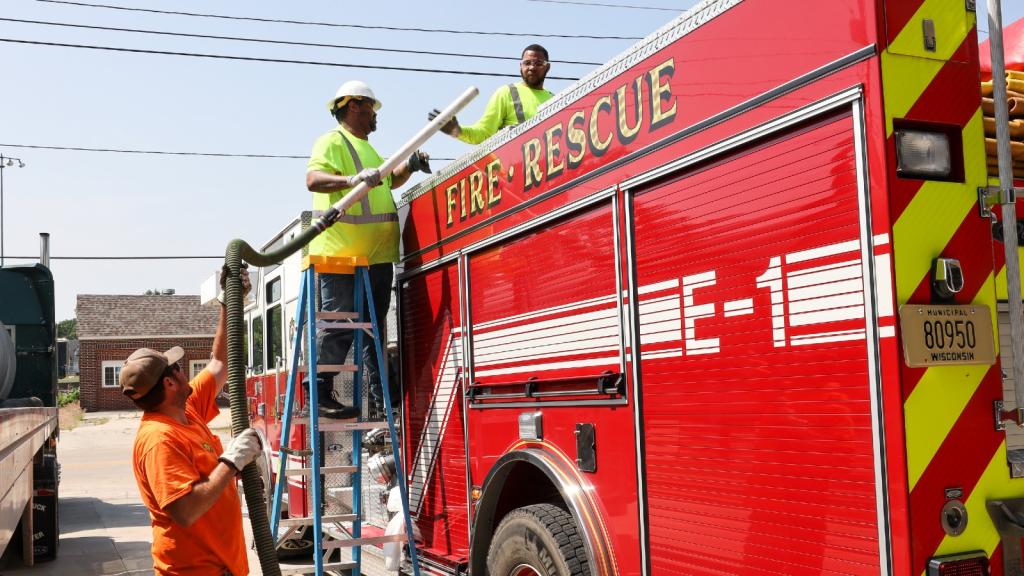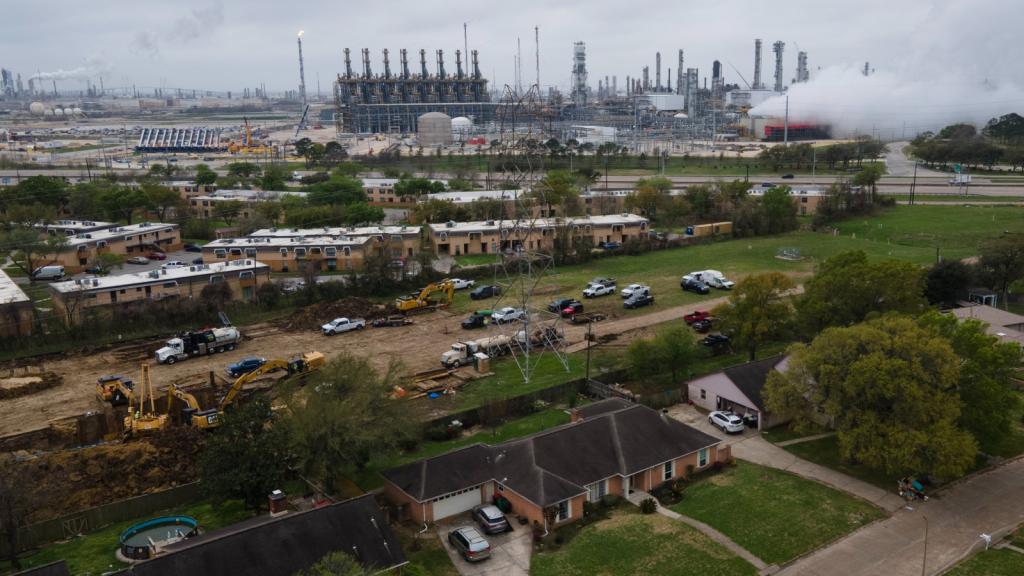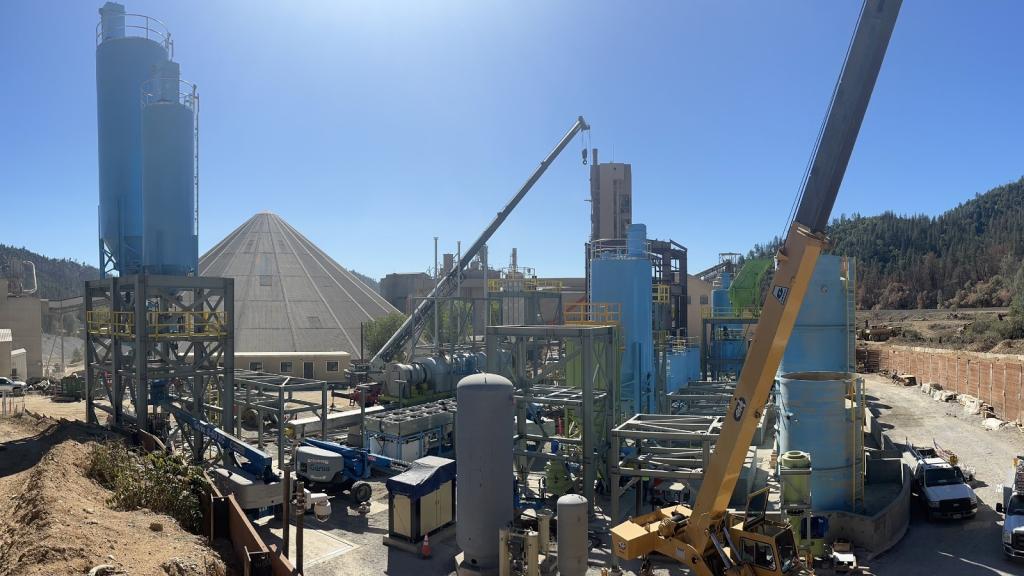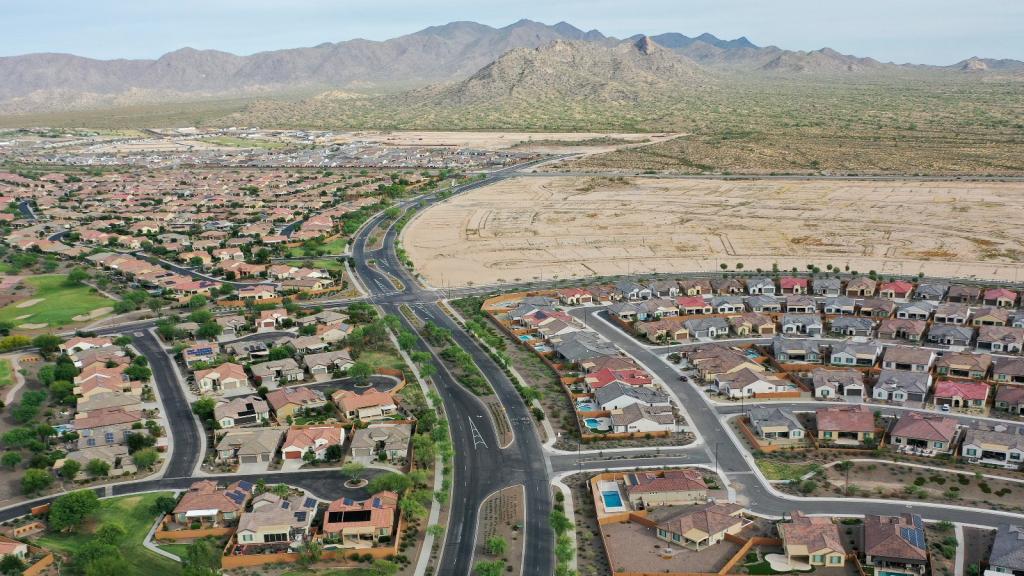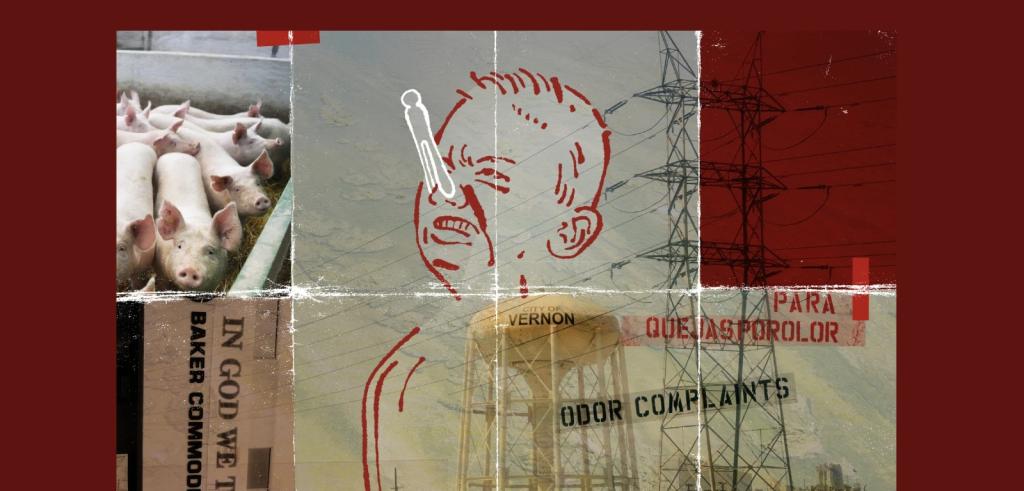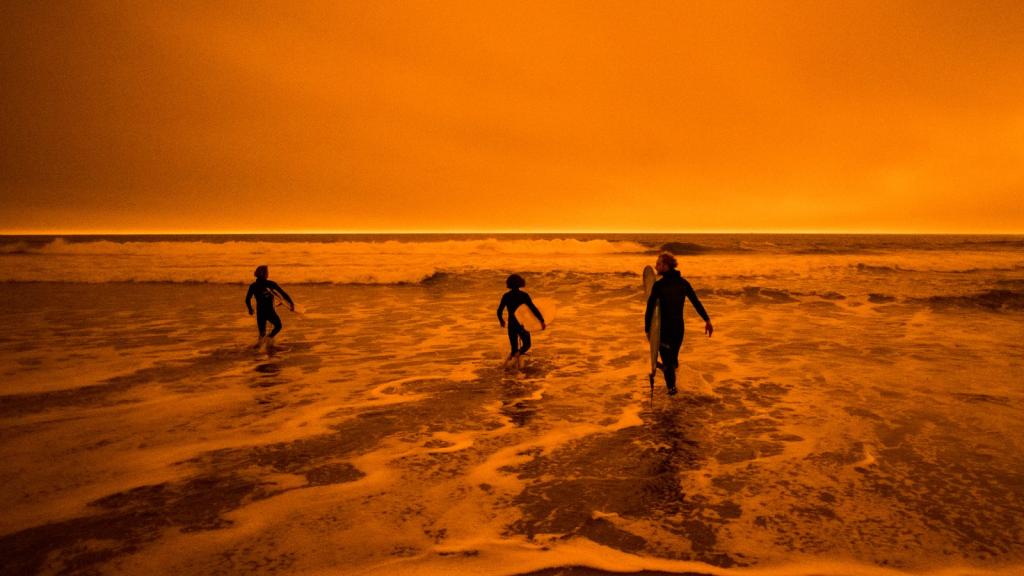Syndicated
-
Wisconsin cleanup shifts toxic PFAS burden to Alabama Black Belt
The 'father of environmental justice' says sending fluorinated firefighting foam to a landfill in the mostly poor, Black town of Emelle perpetuates racism.
-
These were the 10 biggest greenhouse gas emitters in 2022
The EPA’s annual greenhouse gas report for large emitters show some facilities slashed their emissions while others polluted more than ever.
-
To decarbonize cement, the industry needs a full transformation
Cement production has an enormous carbon footprint. That can be curbed with plug-and-play solutions, but eliminating emissions entirely will require big, ambitious action.
-
Western states opposed tribes’ access to the Colorado River 70 years ago. History is repeating itself.
Records unearthed by a University of Virginia professor shed new light on states’ vocal opposition in the 1950s to tribes claiming their share of the river. Today, many are still fighting to secure water.
-
Welcome to Buckeye, the desert city out to surpass Phoenix by importing water
The Arizona city is eyeing "crazy" ideas to keep growing, including piping water hundreds of miles uphill from Mexico.
-
This state employee is scouring the Earth for solutions to combat invasive species in Hawai’i
The government needs to speed up its approval process and invest in research infrastructure to defeat a list of environmentally and economically threatening pests, experts say.
-
The fight over a facility that recycles dead animals in Los Angeles
Neighbors had celebrated the temporary shutdown of Baker Commodities, an animal-byproduct recycling plant, but now an upcoming court decision could allow it to fully reopen.
-
How a little-known pollution rule keeps the air dirty for millions of Americans
An investigation found that local governments are increasingly exploiting a loophole in the Clean Air Act, leaving more than 21 million Americans with air that’s dirtier than they realize.
-
The EU just kicked off its biggest climate experiment yet
The world’s largest single market has launched a bold plan to tax carbon at its borders. The rest of the world is paying close attention.
